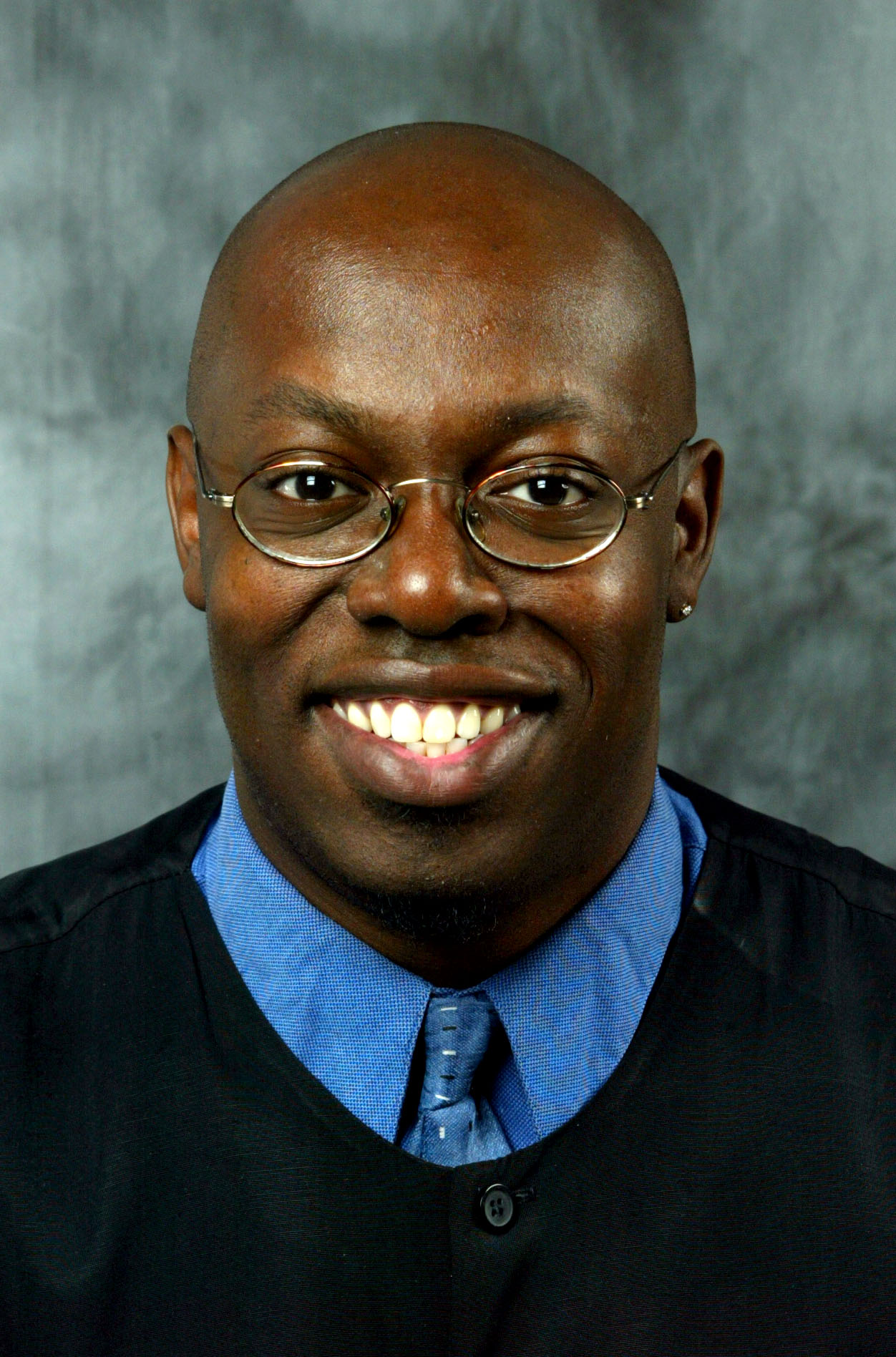
- rpitt@ucsd.edu
- (858) 534-0492
-
Office: SSB 497
Professor

Richard Pitt’s research primarily contributes to two sub-disciplines: sociology of religion and sociology of (higher) education. Within these broad fields of inquiry, his work tends to focus on social identity, work and occupations, and gender and sexuality. A (sociological) social psychologist by training, his methodological toolkit includes everything from qualitative content analysis, interviews, and focus groups to the quantitative analysis of both his own large surveys and pre-existing datasets. Professor Pitt’s research and teaching places him in two of the department’s substantive areas: social inequalities & culture and communications.
His research has appeared in Sociological Quarterly, Sociological Perspectives, Social Currents, the Journal for the Scientific Study of Religion, Review of Religious Research, Journal of General Education, Studies in Graduate and Postdoctoral Education, and the Journal of Women and Minorities in Science and Engineering. In addition to coauthoring two book chapters, he has written two books of his own: Divine Callings: Understanding the Call to Ministry in Black Pentecostalism (New York University Press 2012) and Church Planters: Inside The World of Religion Entrepreneurship (Oxford University Press 2021). He has also written major reports on double majoring (Teagle Foundation 2012) and on STEM postdoctoral experiences (KD Publishing 2021)
Professor Pitt’s current research examines the career decisions of young people who follow their spouses into STEMM training regimes (i.e., doctoral programs, medical school, postdocs, and medical residencies). Ultimately, he is looking at the ways projectivity, (un)certainty, and future-making operate for trailing spouses during their partners’ PhD/MD training careers and how those dynamics shape the planned career trajectories of the trailing spouses themselves.
An award-winning teacher, Professor Pitt teaches undergraduate courses in higher education, family, race & ethnicity, and social psychology and graduate courses in education, family, and social psychology.